Agriculture Majors
Jump down to your section
Courses in an agricultural degree program could include-
- Agricultural Business
- Agricultural Mechanics
- Animal Science
- Environmental Services
- Food Science
- Plant Science
- Natural Resources
- Hydrology
- Agricultural Economics
Jobs and Careers in Agriculture
As there are a wide variety of careers in agriculture, so are there a variety of companies who hire people in these careers. Many people are employed by government agencies (Department of Agriculture, Bureau of Soils and Water Management, Bureau of Agriculture Research, Bureau of Plant Industry), consulting firms and agriculture machinery manufacturing. Other opportunities include:
- Farms and ranches
- Processing plants
- Laboratories
- Greenhouses
- Pharmaceutical/biotechnology industry
- Educational institutions and community education organizations
- Animal breeders
- Zoos and aquariums
Learn More About the Field of Agriculture
Professional associations are groups of professionals dedicated to topics in specific fields. Professional associations provide a wealth of online resources, some of which are geared specifically towards students. These organizations typically also host conferences and events, providing great opportunities for learning and networking across your field of interest.
A small sampling of relevant organizations are-
- American Society of Agronomy
- American Society of Agricultural and Biological Engineers
- International Commission of Agricultural and Biosystems Engineering
- Association of Food & Drug Officials
- Horticultural Inspection Society
- American Society for Horticultural Science
- American Society of Plant Biologists
- Crop Science Society of America
- National Association of County Agricultural Agents
- American Association of Pesticide Safety Educators
- American Association of Family and Consumer Sciences
- American Farm Bureau Federation
- Association of Farmworker Opportunity Programs
Agriculture Majors Data from the US Department of Labor
Agriculture degree, 2018
Data - Agriculture
- Employment 610,070
- Median wage $50,000
- Percent employed part time 13%
- Percent employed in occupations requiring at least a bachelor's degree 40%
- Percent with an advanced degree 29%
Types of agriculture majors, 2018
Agriculture majors - Major share
- Animal sciences 26%
- Agriculture production and management 19%
- General agriculture 18%
- Plant science and agronomy 16%
- Food science 8%
- Other 12%
Note - The sum of percentages by major may not total 100 due to rounding.
Employment distribution of workers with an agriculture degree, by occupational group, 2018
Occupational group - Occupational group share
- Management occupations 23%
- Sales and related occupations 11%
- Healthcare practitioners and technical occupations 10%
- Educational instruction and library occupations 8%
- Business and financial operations occupations 8%
- Other 40%
Note - The sum of percentages by major may not total 100 due to rounding.
Top-employing occupations for workers with an agriculture degree
Occupational Outlook Handbook profile - % Growth, projected 2019–29
- Health specialties teachers, postsecondary 21%
- Veterinarians 16%
- Soil and plant scientists 7%
- Elementary school teachers, except special education 4%
- Farmworkers and laborers, crop, nursery, and greenhouse 4%
- Sales representatives, wholesale and manufacturing, except technical and scientific products 1%
- Retail salespersons -1%
- Personal service managers, all other; entertainment and recreation managers, except gambling; and managers -2%
- First-line supervisors of retail sales workers -5%
- Farmers, ranchers, and other agricultural managers -6%
Bureau of Labor Statistics, U.S. Department of Labor, Occupational Outlook Handbook, Field of degree, Agriculture.
What Can You Do With An Agriculture Major/Degree?
Jobs and Careers in Agriculture
Occupational Outlook Handbook
O*Net
As there are a wide variety of careers in agriculture, so are there a variety of companies who hire people in these careers. Many people are employed by government agencies (Department of Agriculture, Bureau of Soils and Water Management, Bureau of Agriculture Research, Bureau of Plant Industry), consulting firms and agriculture machinery manufacturing. Other opportunities include:
- Farms and ranches
- Processing plants
- Laboratories
- Greenhouses
- Pharmaceutical/biotechnology industry
- Educational institutions and community education organizations
- Animal breeders
- Zoos and aquariums
Some job titles one can pursue with an agriculture degree
- Agricultural consultant
- Estate manager
- Farm manager
- Fish farm manager
- Plant breeder/geneticist
- Rural practice surveyor
- Soil scientist
- Agricultural communication/marketer
- Food scientist
- Insect biologist
- Agronomist
- Agricultural loan officer
- Farm labor specialist
- Agricultural economist
- Crop management consultant
- Aquaculturist
- Rural development specialist
- Outdoor recreation manager
- Plant and animal inspector
Some of the duties you might be expected to perform in some of the above listed positions
- Conduct research and experiments to improve the productivity and sustainability of field crops and farm animals
- Create new food products and develop new and better ways to process, package, and deliver them
- Study the composition of soil as it relates to plant growth, research ways to improve it
- Communicate research findings to the scientific community, food producers, and the public
- Collect water and soil samples to test for certain properties, such as the pH or pollution levels
- Analyze data on the environmental impacts of pollution, erosion, drought, and other problems
- Research ways to minimize the negative impacts of erosion, sedimentation, or pollution on the environment
- Use computer models to forecast future water supplies, the spread of pollution, floods, and other events
- Evaluate the feasibility of water-related projects, such as hydroelectric power plants, irrigation systems, and wastewater treatment facilities
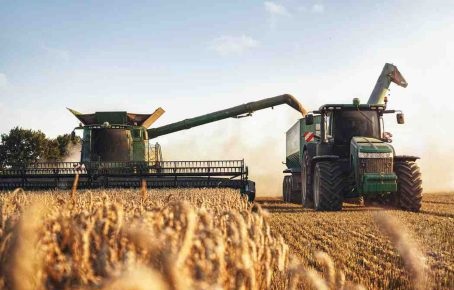
 Agribusiness & Agricultural Business Major
Agribusiness & Agricultural Business Major Agricultural Business and Management, General
Agricultural Business and Management, General Agricultural Business Technology
Agricultural Business Technology Agricultural Economics
Agricultural Economics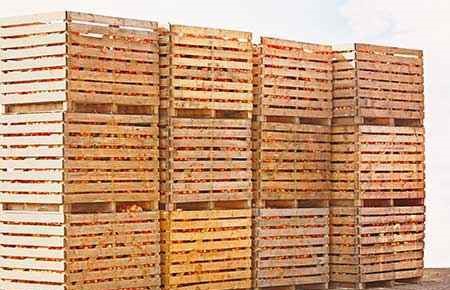 Agricultural/Farm Supplies Retailing and Wholesaling
Agricultural/Farm Supplies Retailing and Wholesaling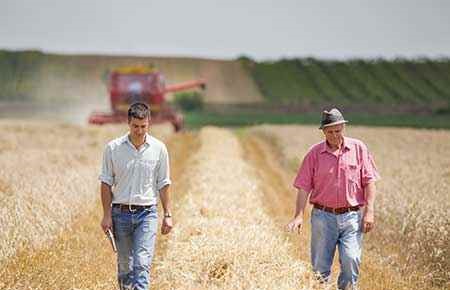 Farm/Farm and Ranch Management
Farm/Farm and Ranch Management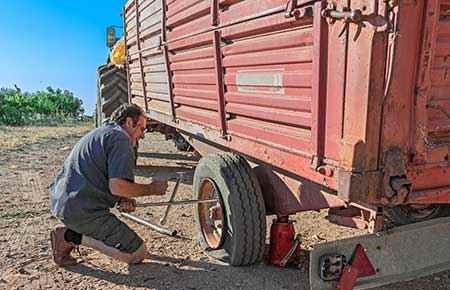 Agricultural Mechanics and Equipment/Machine Technology
Agricultural Mechanics and Equipment/Machine Technology Agricultural Mechanization, General
Agricultural Mechanization, General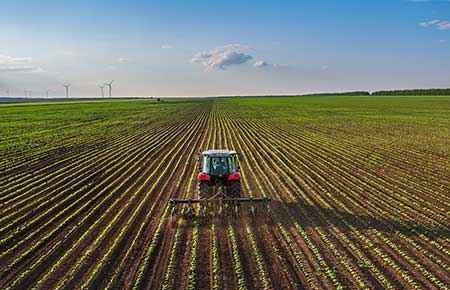 Agricultural Power Machinery Operation
Agricultural Power Machinery Operation Agricultural Production Operations, General
Agricultural Production Operations, General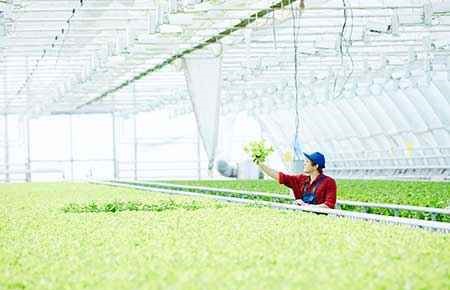 Agroecology and Sustainable Agriculture
Agroecology and Sustainable Agriculture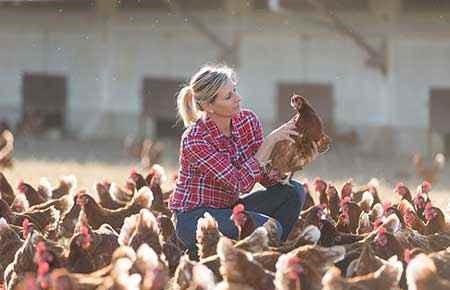 Animal/Livestock Husbandry and Production
Animal/Livestock Husbandry and Production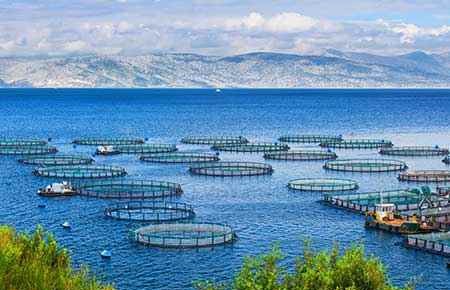 Aquaculture
Aquaculture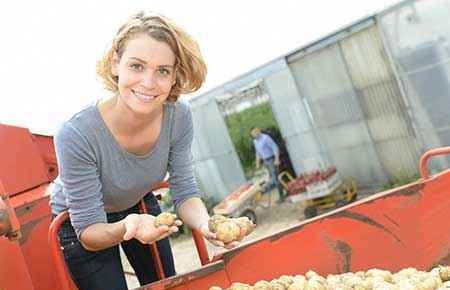 Crop Production
Crop Production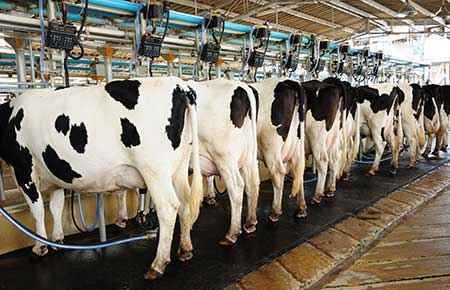 Dairy Husbandry and Production
Dairy Husbandry and Production Horse Husbandry/Equine Science Management/Equine Studies
Horse Husbandry/Equine Science Management/Equine Studies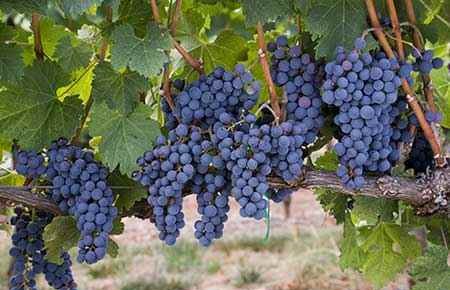 Viticulture and Enology
Viticulture and Enology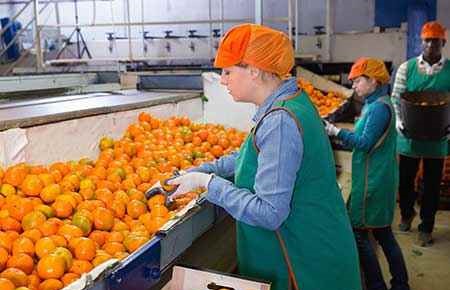 Agricultural and Food Products Processing
Agricultural and Food Products Processing Agricultural and Extension Education Services
Agricultural and Extension Education Services
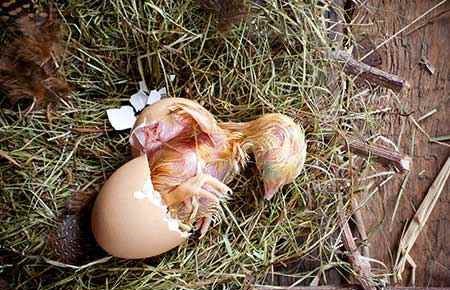 Agricultural Animal Breeding
Agricultural Animal Breeding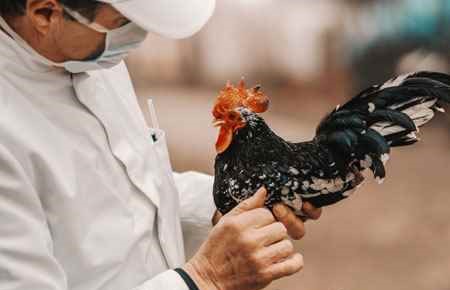 Animal Health
Animal Health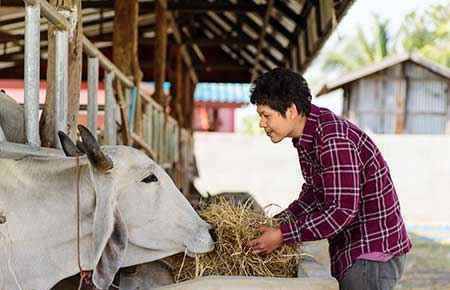 Animal Nutrition
Animal Nutrition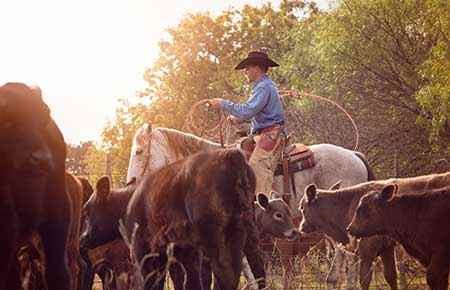 Animal Sciences, General
Animal Sciences, General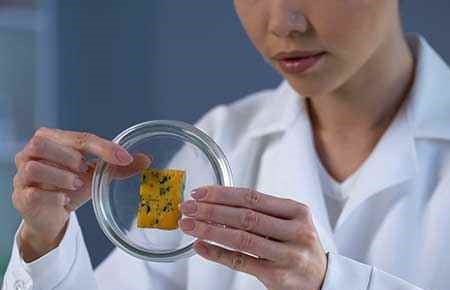 Dairy Science
Dairy Science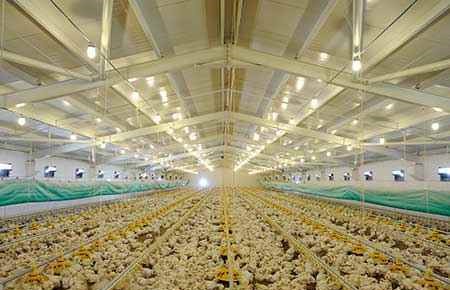 Livestock Management
Livestock Management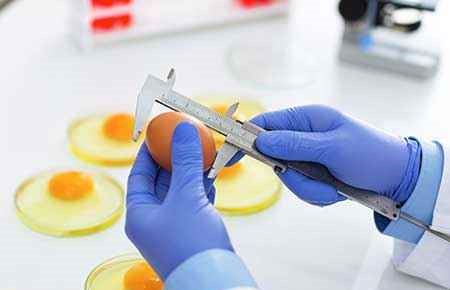 Poultry Science
Poultry Science Applied Horticulture/Horticulture Operations, General
Applied Horticulture/Horticulture Operations, General Floriculture/Floristry Operations and Management
Floriculture/Floristry Operations and Management Greenhouse Operations and Management
Greenhouse Operations and Management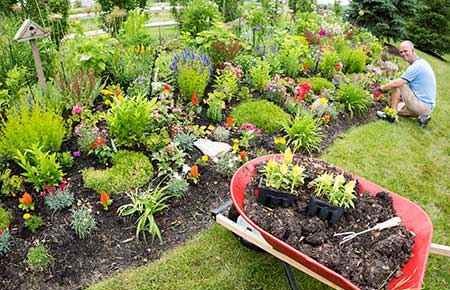 Landscaping and Groundskeeping
Landscaping and Groundskeeping Ornamental Horticulture
Ornamental Horticulture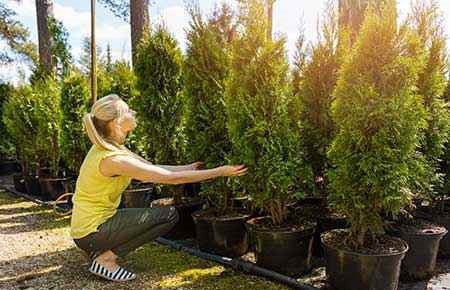 Plant Nursery Operations and Management
Plant Nursery Operations and Management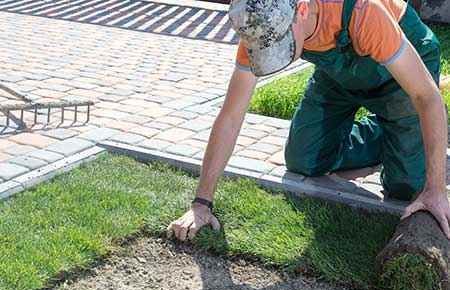 Turf and Turfgrass Management
Turf and Turfgrass Management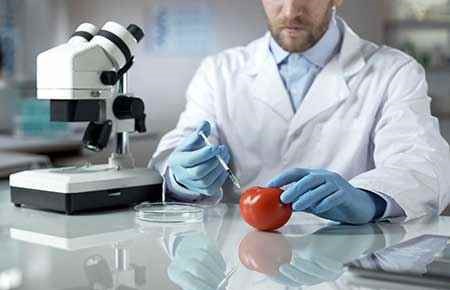 Food Science
Food Science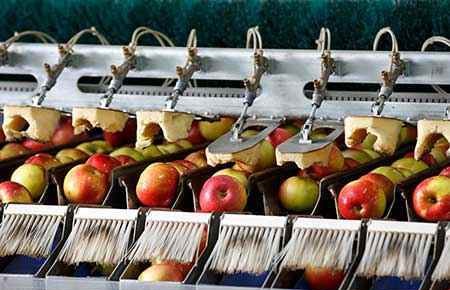 Food Technology and Processing
Food Technology and Processing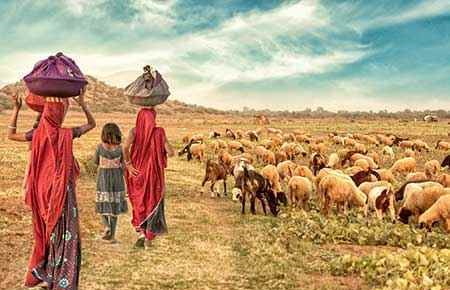 International Agriculture
International Agriculture Agricultural and Horticultural Plant Breeding
Agricultural and Horticultural Plant Breeding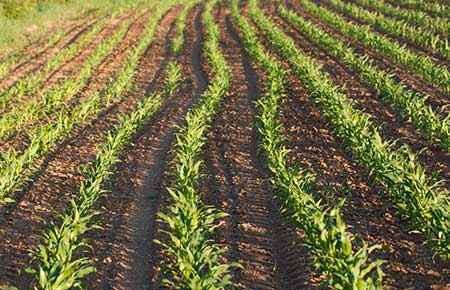 Agronomy and Crop Science
Agronomy and Crop Science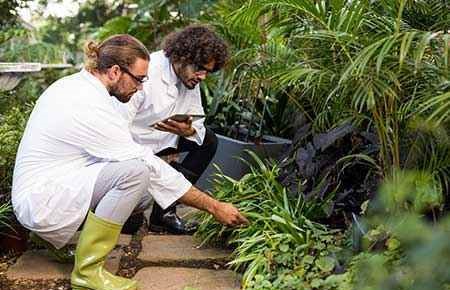 Horticultural Science
Horticultural Science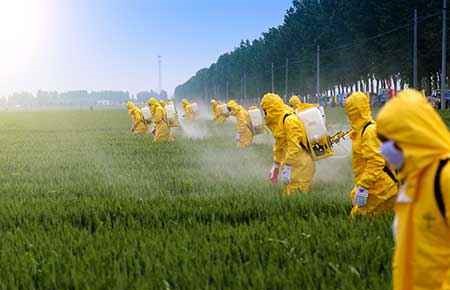 Plant Protection and Integrated Pest Management
Plant Protection and Integrated Pest Management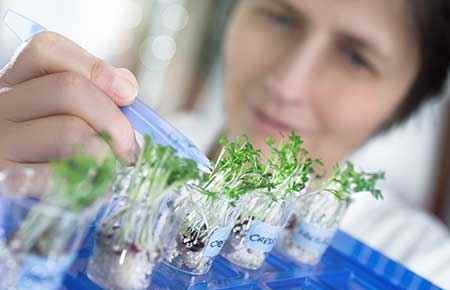 Plant Sciences, General
Plant Sciences, General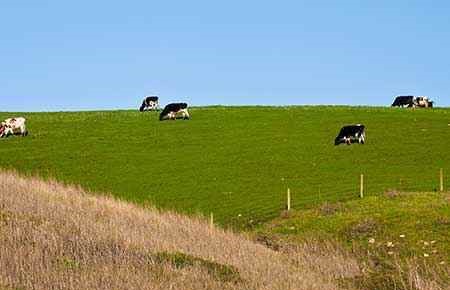 Range Science and Management
Range Science and Management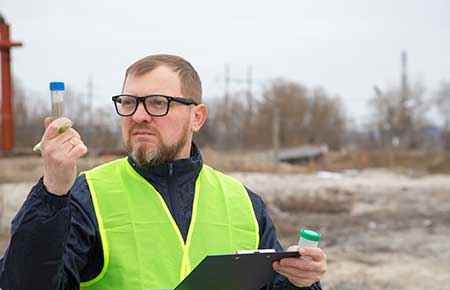 Soil Chemistry and Physics
Soil Chemistry and Physics Soil Microbiology
Soil Microbiology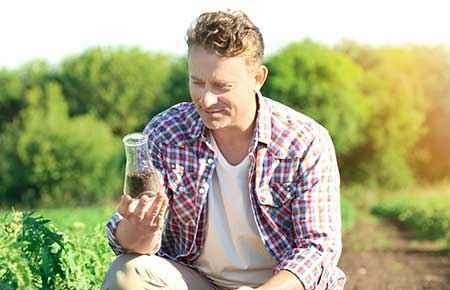 Soil Science and Agronomy, General
Soil Science and Agronomy, General